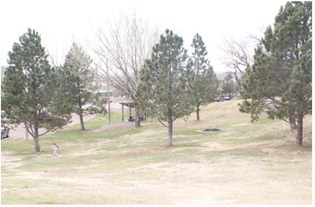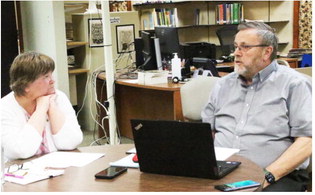Court Ruling Could Impact Oil Funding
Roosevelt County receives approximately $3 million from oil impacts annually for its budget, but a recent Montana Supreme Court ruling is putting at least some of that funding at risk.
In December, the Montana Supreme Court ruled on a 6-1 vote to uphold a lower court’s ruling in the Held v. Montana case. The justices stated that the Montana Constitution includes the rights to a stable climate system.
According to the Montana Free Press, the Montana Department of Environmental Quality indicated in an email that it has changed its environmental review process for proposed projects in response to the ruling.
Roosevelt County Commissioner Gordon Oelkers said about the ruling, “It would be a huge impact to the oil environment.”
He noted oil companies might be forced to jump through additional hoops in order to proceed with a project in eastern Montana.
“It would eliminate or delay their projects,” Oelkers said. “It would add another level of bureaucracy.”
Montana already has challenges in attracting oil projects because North Dakota offers a more friendly tax structure.
As a member of the Montana Association of Oil and Gas Counties, Oelkers testified against the negative impacts of the ruling during a hearing.
If less oil funding is received, commissioners could be faced with tough decisions come budget time.
“This goes to everybody’s budget based on percentage,” Oelkers said. “Oil helps us a lot.”
Justices wrote in their ruling, “Plaintiffs showed at trial — without dispute — that climate change is harming Montana’s environmental life support system now and with increasing severity for the foreseeable future.”
Montana Gov. Greg Gianforte made the following statement about the ruling, ““While we are reviewing the decision from the Montana Supreme Court, we know what its impact will be: perpetual lawsuits that will waste taxpayer dollars and drive up energy bills for hardworking Montanans. This Court continues to step outside of its lane to tread on the right of the Legislature, the elected representatives of the people, to make policy. This decision does nothing more than declare open season on Montana’s all-of-the-above approach to energy, which is key to providing affordable and reliable energy to homes, schools, and businesses across our state.”

